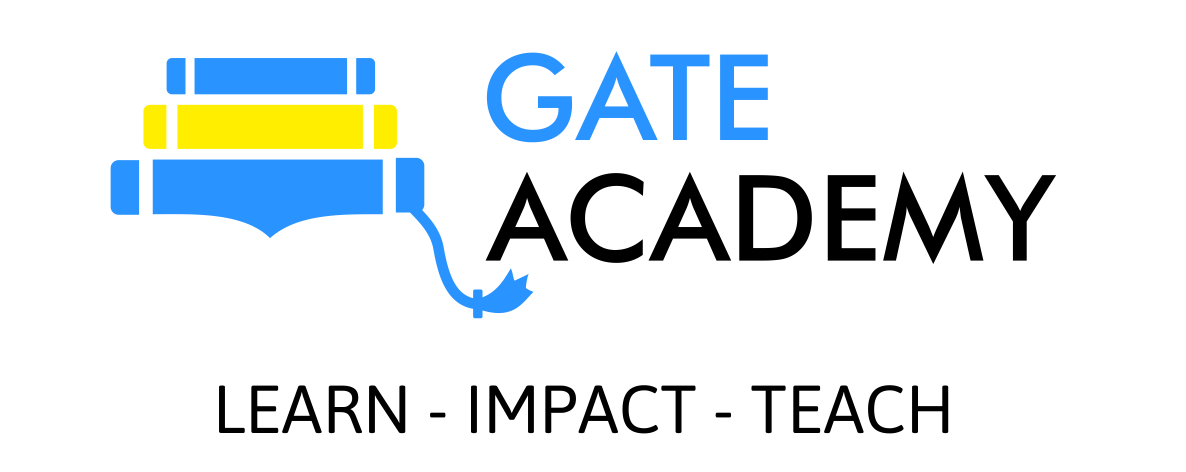Direct and Indirect Speech
- These help use to quote the exact words of the speaker or to report what has been said by a known or sometimes an unknown speaker
- Direct Speech: In direct speech, we identify or quote the exact words of the speaker in a sentence. Usually such words are enclosed in inverted commas (“). For example:
- The teacher said, “Any student who comes late to the class will be punished.”
- “Where are you going?” Jane asked
- Indirect Speech: In indirect speech, we simply report what a known (and sometimes an unknown) speaker has said. For example:
- The teacher said that any student who came late to the class would be punished
- Jane wanted to know where Dick was going OR Jane asked Dick where he was going
- The man was sentenced to ten years imprisonment
- NOTE: The effect on the verbs, adverbials, and personal pronouns when direct speech is converted to indirect speech
Rules for Changing Direct Speech to Indirect Speech
- Omit the inverted commas
- Put the conjunction ‘that’ after a reporting verb
- Introduce questions with the verb of asking or inquiring
- Change the verb to the past tense. E.g am – was, has – had, will – would, have been – had been, etc.
- Change the pronouns in the first or the second person to the third person. E.g. I – He/she, him/her – they, etc.
- Change the adverbs. E.g. now – then, today – that day, ago – before, here – there, etc.
- Change these adjectives: this – that, these – those, my – his/her, our – their, your – their, etc.
Rules for Changing Indirect Speech to Direct Speech
- Starting with capital letters, put the actual words of the speaker in inverted commas
- Omit the reporting verb and the conjunction ‘that’
- Use the question mark after the principal verb of asking or inquiring and put the depending verb in the present tense
- Change correctly all pronouns in the third person to either the first or the second person. For example:
- Indirect: The mother asked her son where he had been all afternoon
- Direct: The mother said to her son, “Where have you been all afternoon?”
Different Direct Sentences Changed Into Reported Speech
- Statement:
- Direct: ‘Olu comes here every day’, said James
- Indirect: James said that Olu comes here every day
- Question:
- Direct: John said, ‘Where are you going, Tunde?’
- Indirect: John asked Tunde where he was going
- Command:
- Direct: ‘Get out of this room’, said the teacher to Ade
- Indirect: The teacher ordered Ade to get out of that room
- Request:
- Direct: Ranti said, ‘Cole, please lend me your ruler”
- Indirect: Ranti asked Cole to lend her his ruler
- Wish:
- Direct: ‘Good luck to you, Olu’, said Joseph
- Indirect: Joseph wished Olu good luck
- Exclamation:
- Direct: Olu said, ‘What a clever rogue the boy is!’
- Indirect: Olu exclaimed that the boy was a clever rogue
